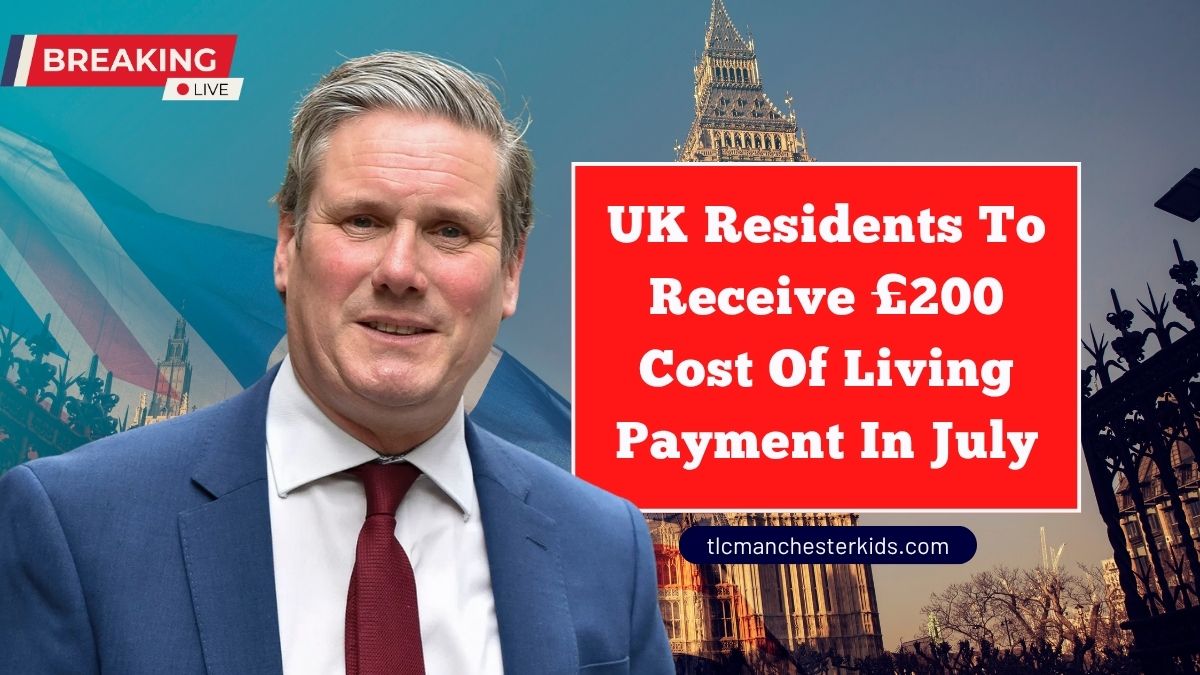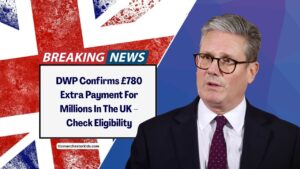A £200 Cost of Living Payment is set to reach thousands of UK residents in July 2025, offering targeted relief to members of British-Indian and wider South Asian communities.
While modest in size, the initiative is being recognized as a symbolic and inclusive financial gesture, acknowledging cultural and economic contributions of these groups.
This one-time payment is part of a pilot program, and could potentially pave the way for more community-specific aid in future government schemes.
Why the Government is Issuing the £200 Payment
Rising inflation and ongoing financial pressures have disproportionately affected minority communities. The £200 cost of living grant addresses several key concerns:
- The financial strain of multigenerational households
- Cultural obligations, such as remittance payments abroad
- Recognition of economic contributions made by South Asian communities in the UK
- A trial for community-focused welfare policies
Though relatively small, this £200 boost is designed to help cover daily essentials like groceries, travel, and mobile bills.
Who is Eligible for the £200 Payment?
Eligibility is targeted and specific, focusing on self-identifying members of South Asian backgrounds within the UK. Below is a breakdown of who qualifies:
| Eligibility Criteria | Requirement |
|---|---|
| Age | 18 or older |
| Ethnicity | British-Indian or South Asian |
| National Insurance Prefix | Starts with “IN” or part of a cultural exchange |
| Residency | Must be a UK resident |
| Registration | Must register on the Community Fund portal by 15 June 2025 |
Late registrations are accepted, but automatic payment is only guaranteed for those enrolled by the June 15 deadline.
How to Apply or Confirm Eligibility
To ensure you receive the payment, here’s what you need to do:
- Visit the official Community Fund portal on gov.uk
- Provide your National Insurance number
- Upload proof of UK residency (e.g., utility bill)
- Submit ID and evidence of community affiliation (e.g., membership in a cultural group)
- Confirm bank details for direct payment
Those already in the database need only verify their information is up-to-date.
Payment Dates and Process
The £200 grant will be deposited directly into the eligible recipients’ bank accounts between 1 and 7 July 2025. No paper forms or physical applications are required for those pre-registered.
| Details | Information |
|---|---|
| Payment Window | 1–7 July 2025 |
| Mode of Payment | Direct bank transfer |
| Notification | SMS or email on successful transfer |
| Late Registration Payments | Within 2 weeks post-approval |
| Bank Changes Deadline | 25 June 2025 |
Will the £200 Affect My Benefits or Tax?
Good news: the £200 payment is tax-free and designed not to interfere with any existing benefits. Here’s how:
- Not taxable: No income tax or NI applied
- Ignored in means-tested benefits: Not counted for 6 months in Universal Credit, Housing Benefit, etc.
- No capital impact: Won’t affect savings thresholds for low-income aid programs
What’s Next for the Program?
The scheme is currently a pilot project, with an evaluation scheduled for September 2025. Depending on community engagement and administrative feasibility, the government may consider:
- Increasing the amount
- Expanding eligibility to other cultural groups
- Making it an annual or recurring support payment
The £200 Cost of Living Payment in July 2025 is a community-driven support initiative that blends symbolic recognition with real-world impact.
While the amount may be modest, it represents a broader step toward inclusive financial support for diverse communities.
Eligible individuals should ensure their details are registered by 15 June, and check bank accounts in early July for payment confirmation.
FAQs
When will the £200 payment be made?
The payment will be deposited between 1 and 7 July 2025 for those registered by the June deadline.
Do I need to apply manually?
If you’re already in the Community Fund database, no action is needed. Others must register by 15 June.
Will the payment affect my Universal Credit or Housing Benefit?
No, the grant is exempt from tax and benefits assessments for six months. It will not reduce your entitlements.




